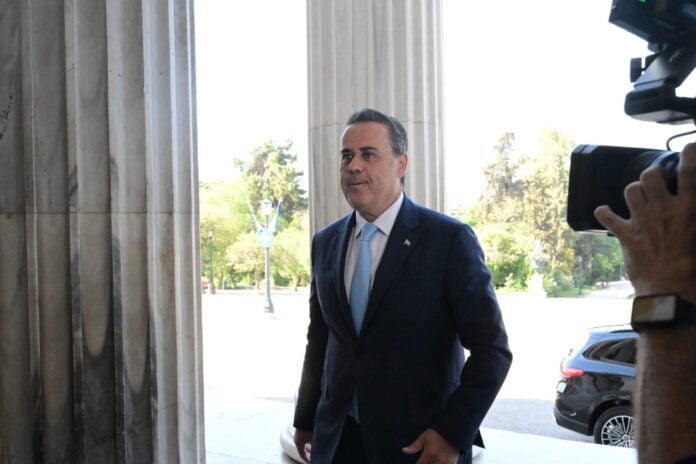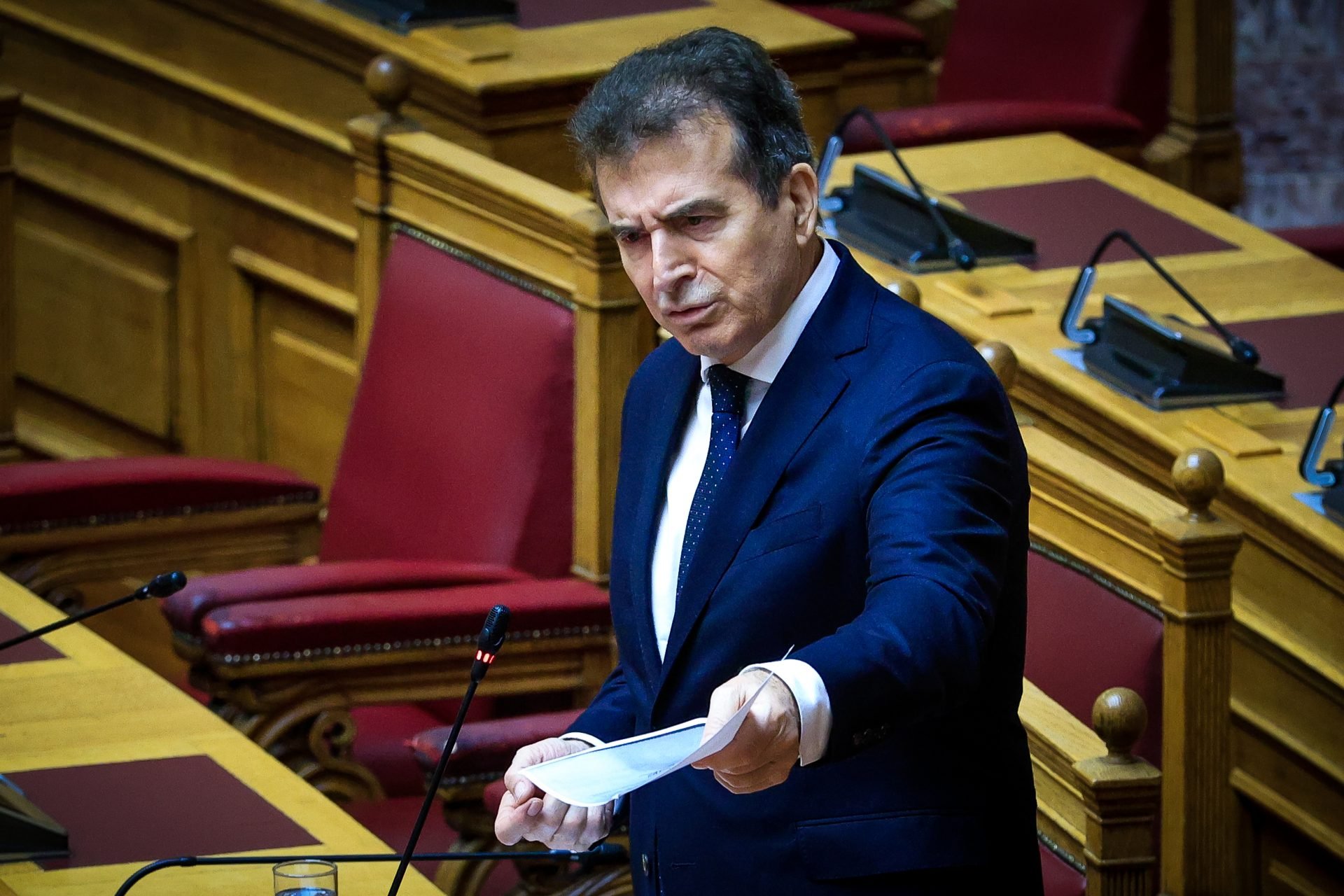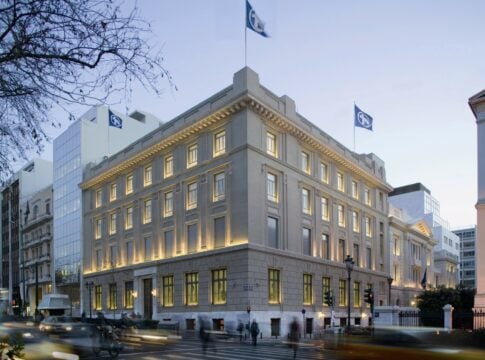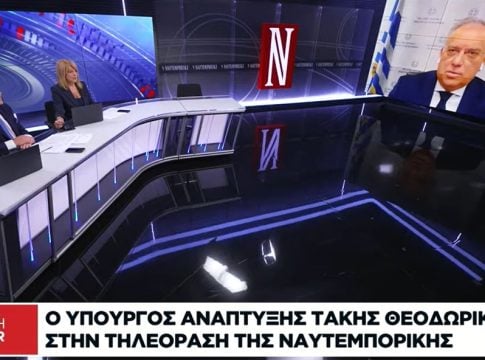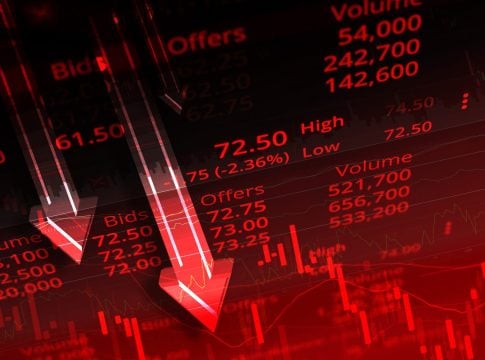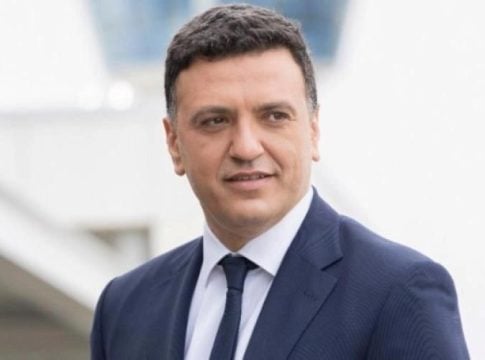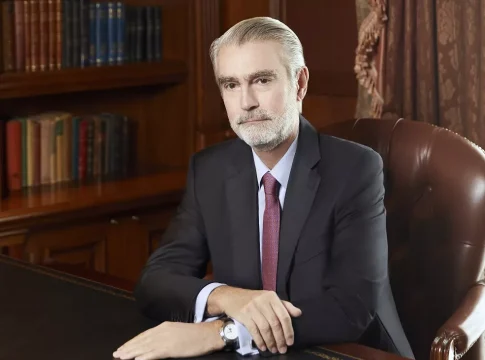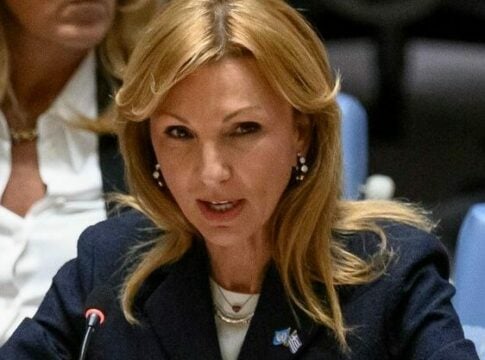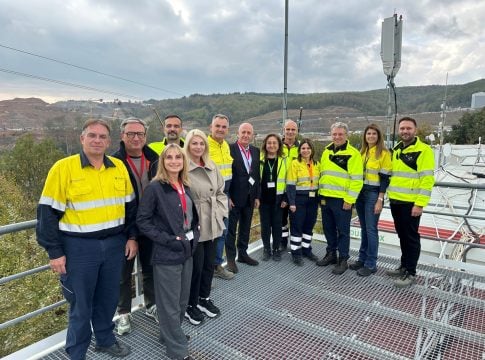Greece’s support for the REPowerEU Regulation proposal for the gradual elimination of natural gas imports from Russia was underlined by the Minister of Environment and Energy, Stavros Papastavrou, who participated together with the Deputy Minister responsible for Energy, Nikos Tsafos, in the Council of Energy Ministers of the European Union that took place in Luxembourg.
Τhey discussed the Commission’s “roadmap” for a complete “ban” of Russian natural gas by January 1, 2028, the role of electrification for a competitive and clean transition, as well as the energy security of Ukraine and Moldova and the importance of their integration into the EU energy market.
“Today, the dominant point of convergence of the EU and America in the energy sector is the de-dependence on Russian natural gas. And in this new energy architecture, Greece plays a leading role. With strategic infrastructure, Revithoussa, FSRU, IGB and active involvement in the vertical corridor. We support the REPowerEU regulation, as it leads Europe to energy independence. Its strict compliance by everyone is essential. That is why we welcome the explicit provision in the Turk Stream pipeline that protects us from circumvention of the regulation.
Europe must invest immediately in energy, cross-border interconnections, as energy security must translate into lower prices for households and businesses,” Papastavrou said.
The proposal
The proposal for a regulation foresees the phasing out of remaining natural gas and oil imports from Russia, with a full ban to be implemented by 1 January 2028, for both pipeline gas and liquefied natural gas (LNG).
After negotiations with the European Parliament, the ban will be implemented by a simple majority, so countries such as Hungary and Slovakia, which import gas from Russia via pipelines, cannot veto it.
Efforts are underway to impose a ban on Russian LNG imports even earlier, as part of the upcoming package of sanctions on Russia.
Last year, Moscow still accounted for roughly a fifth of all gas imports into the EU, and an increasing proportion of LNG, according to its official data. In the first half of 2025, Member States imported LNG worth almost 4.5 billion euros from Russia.


